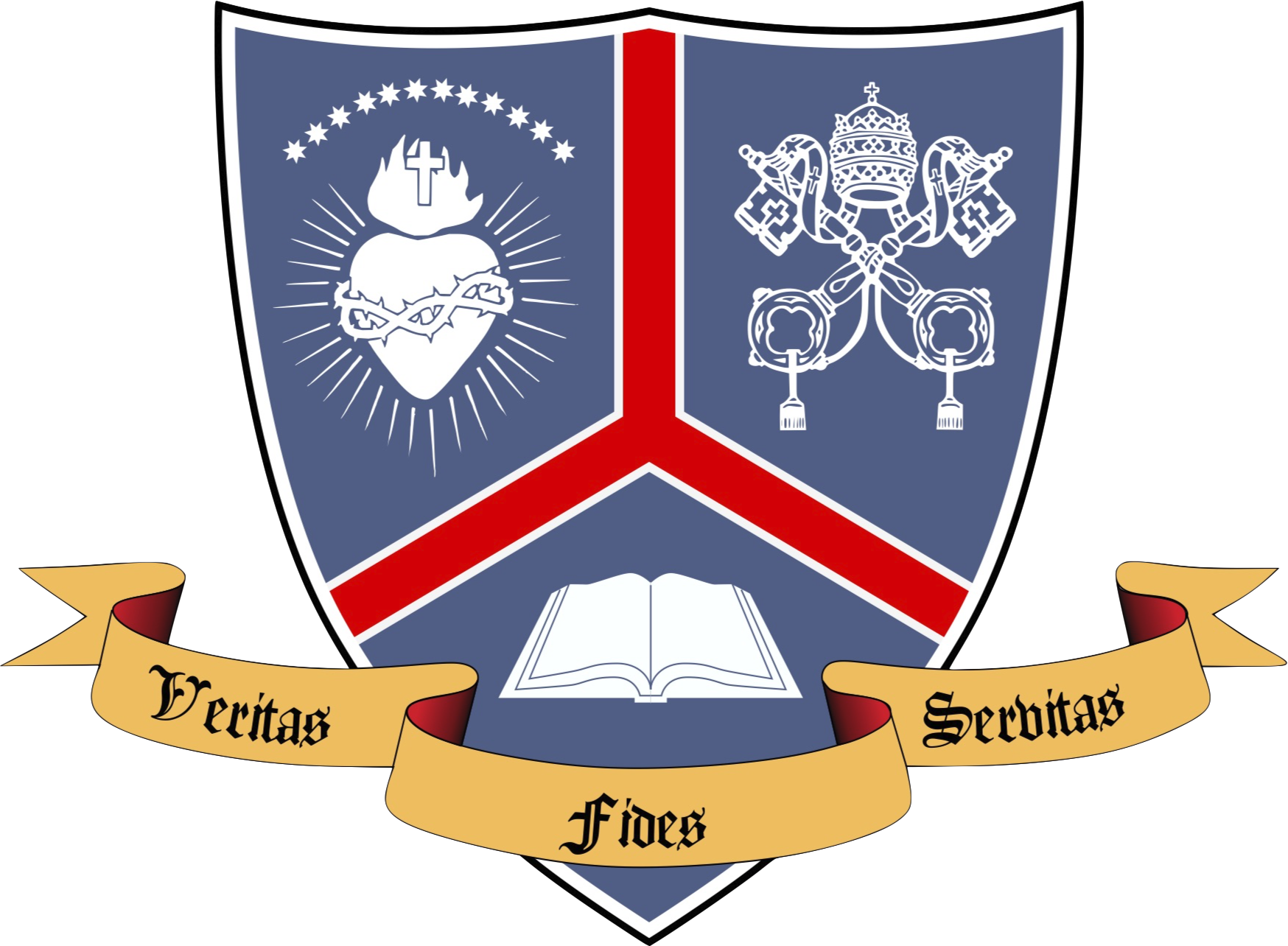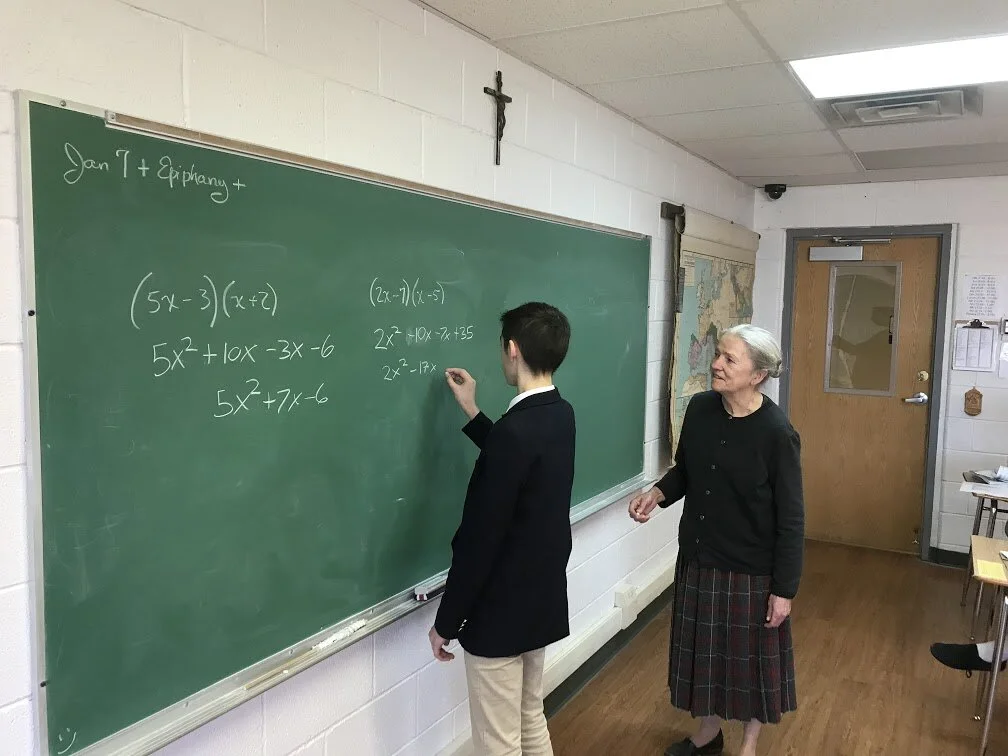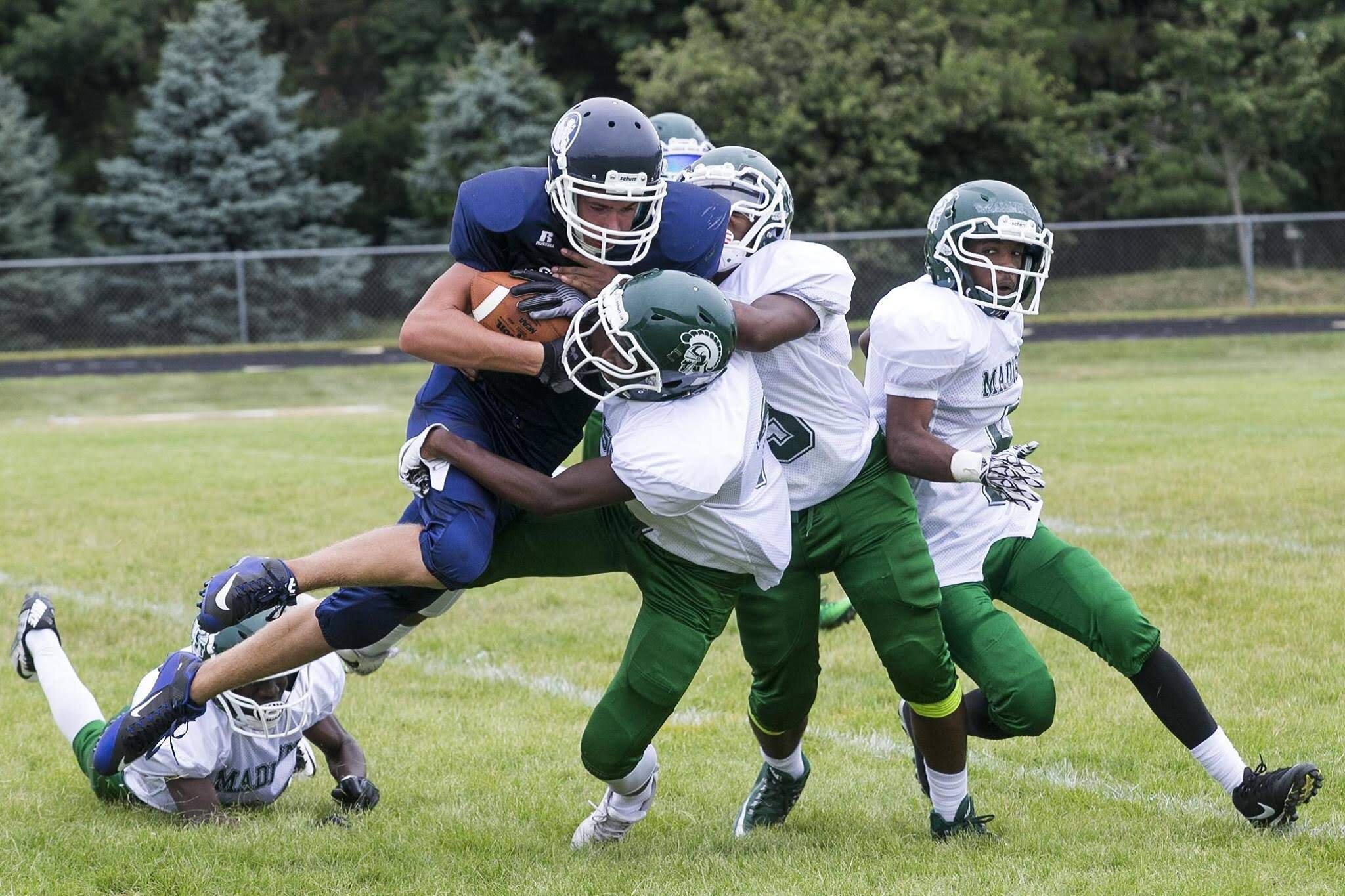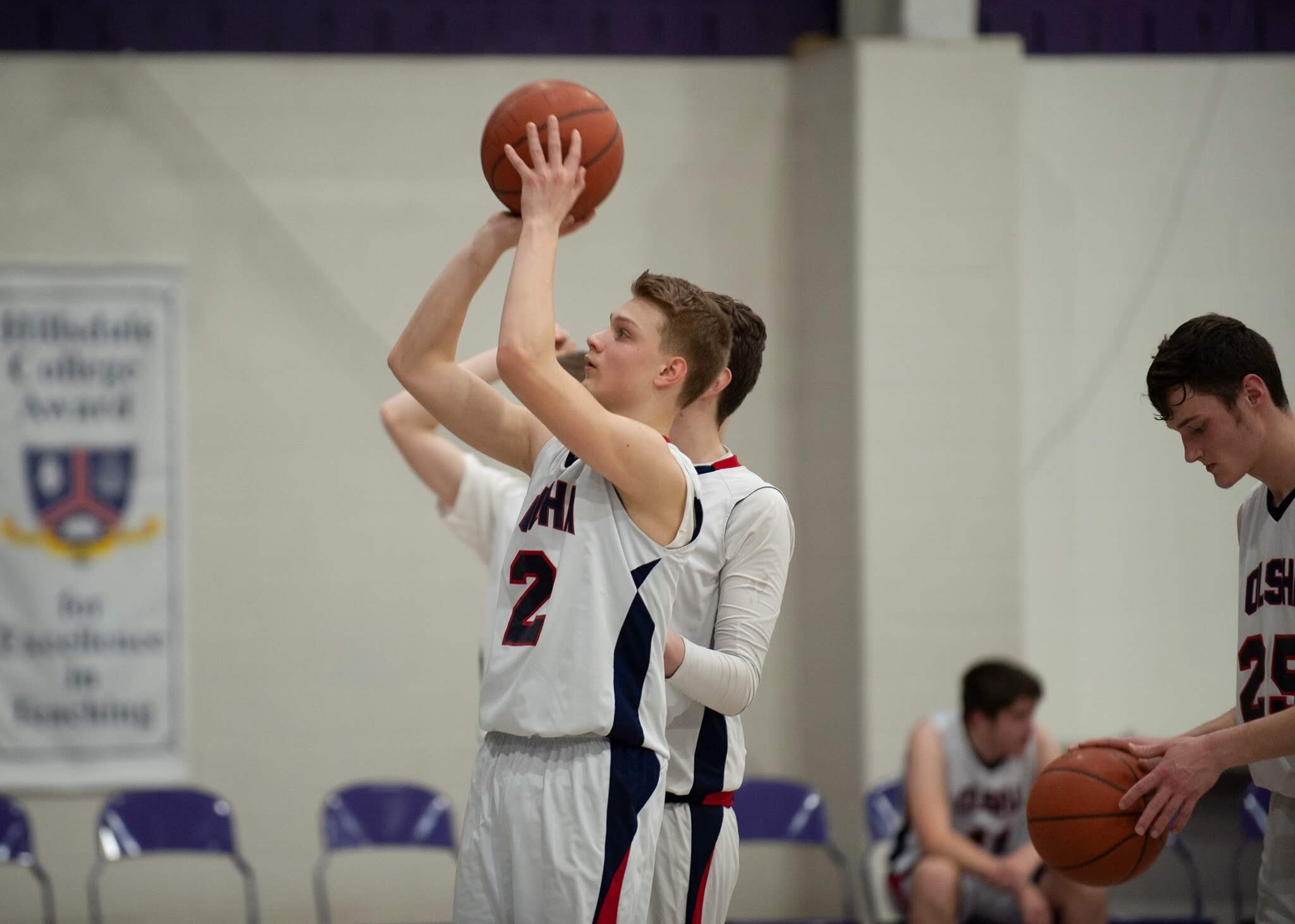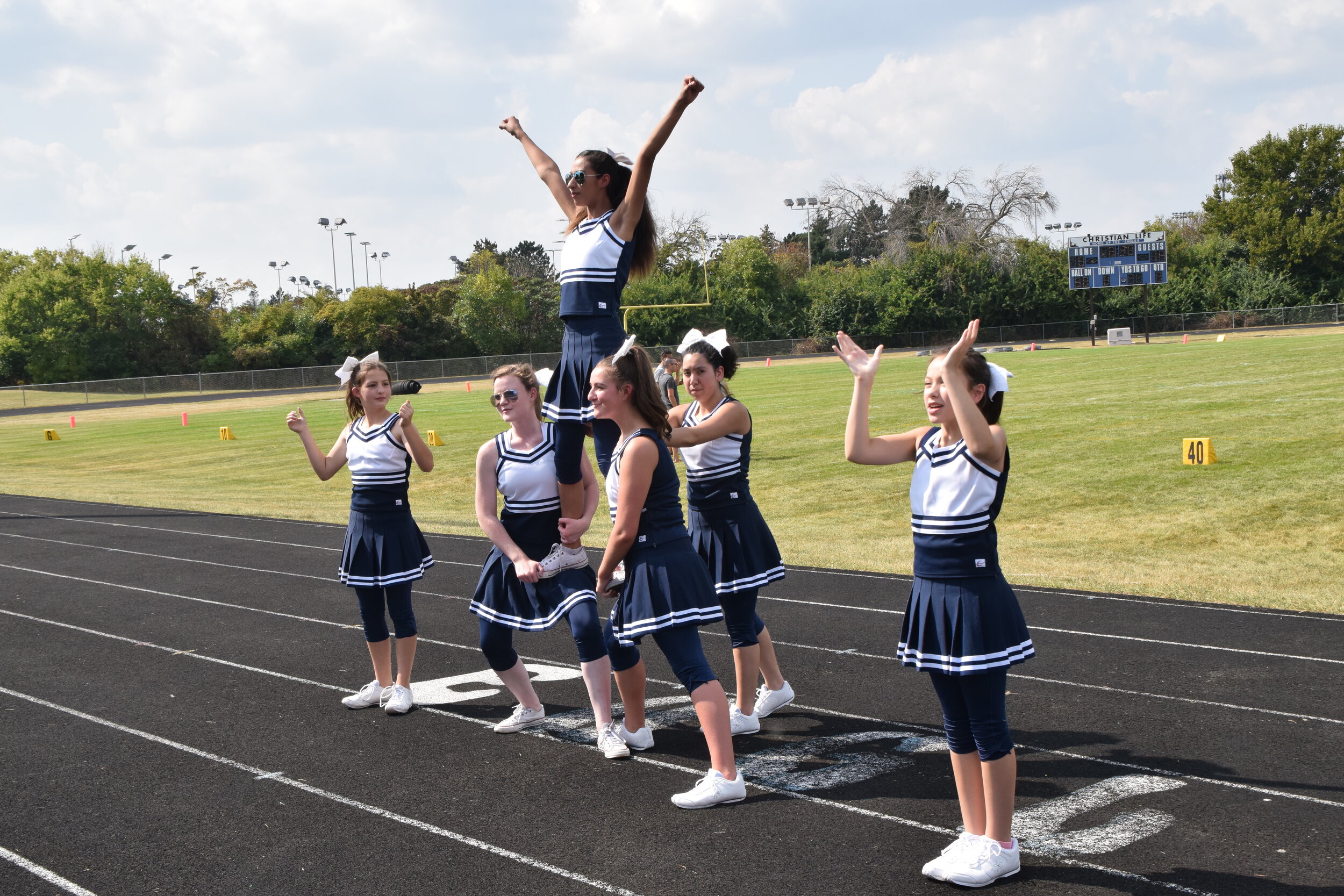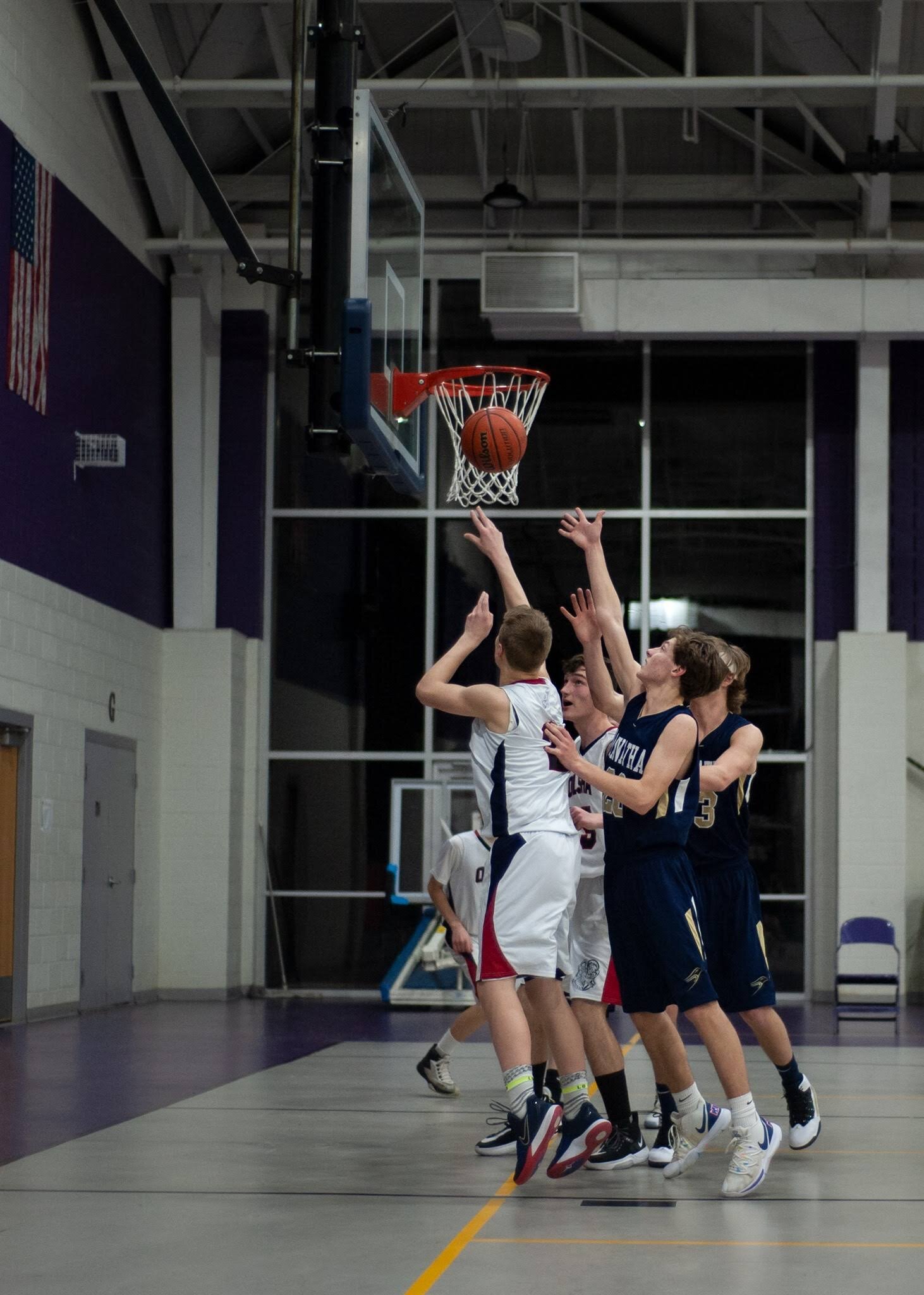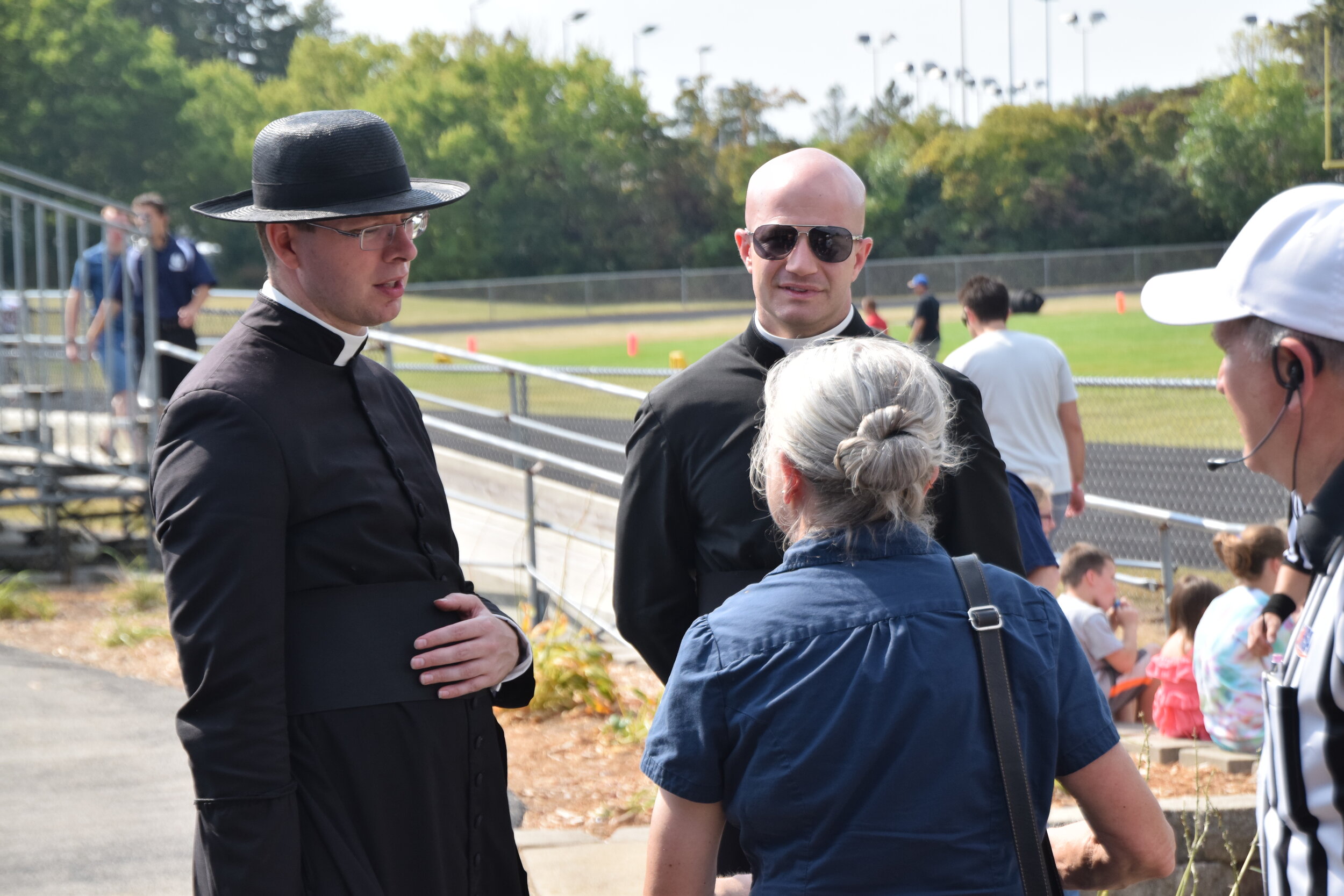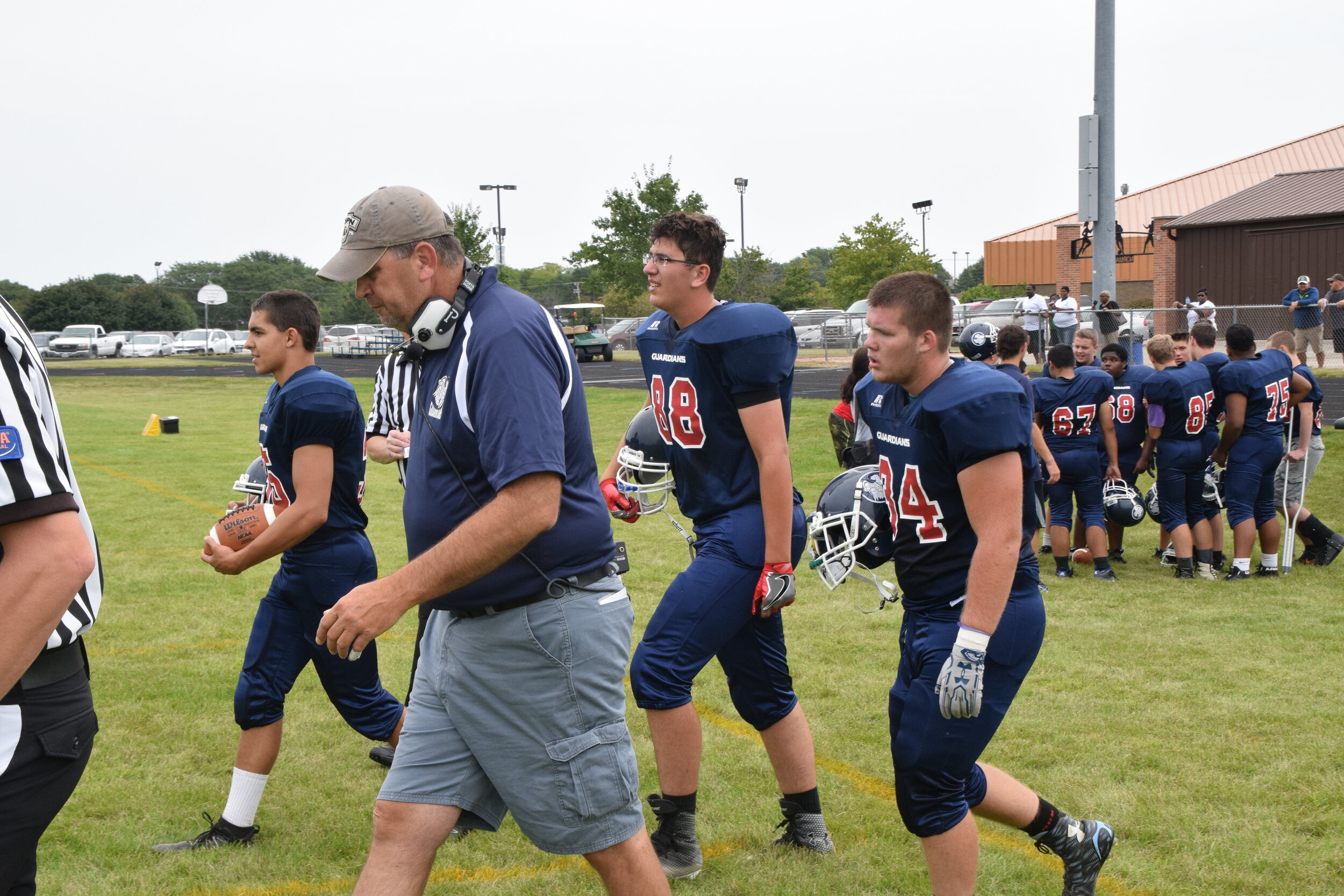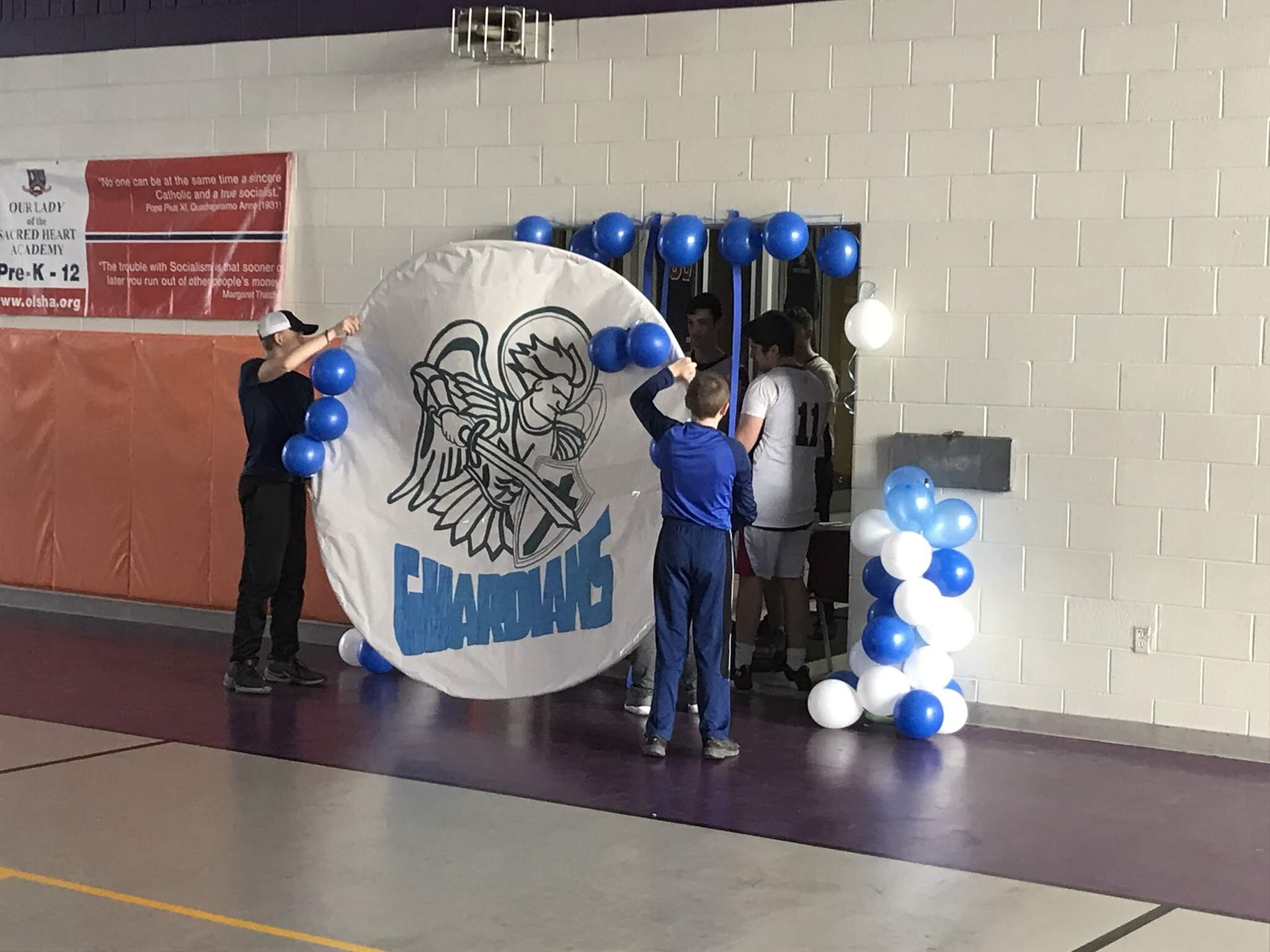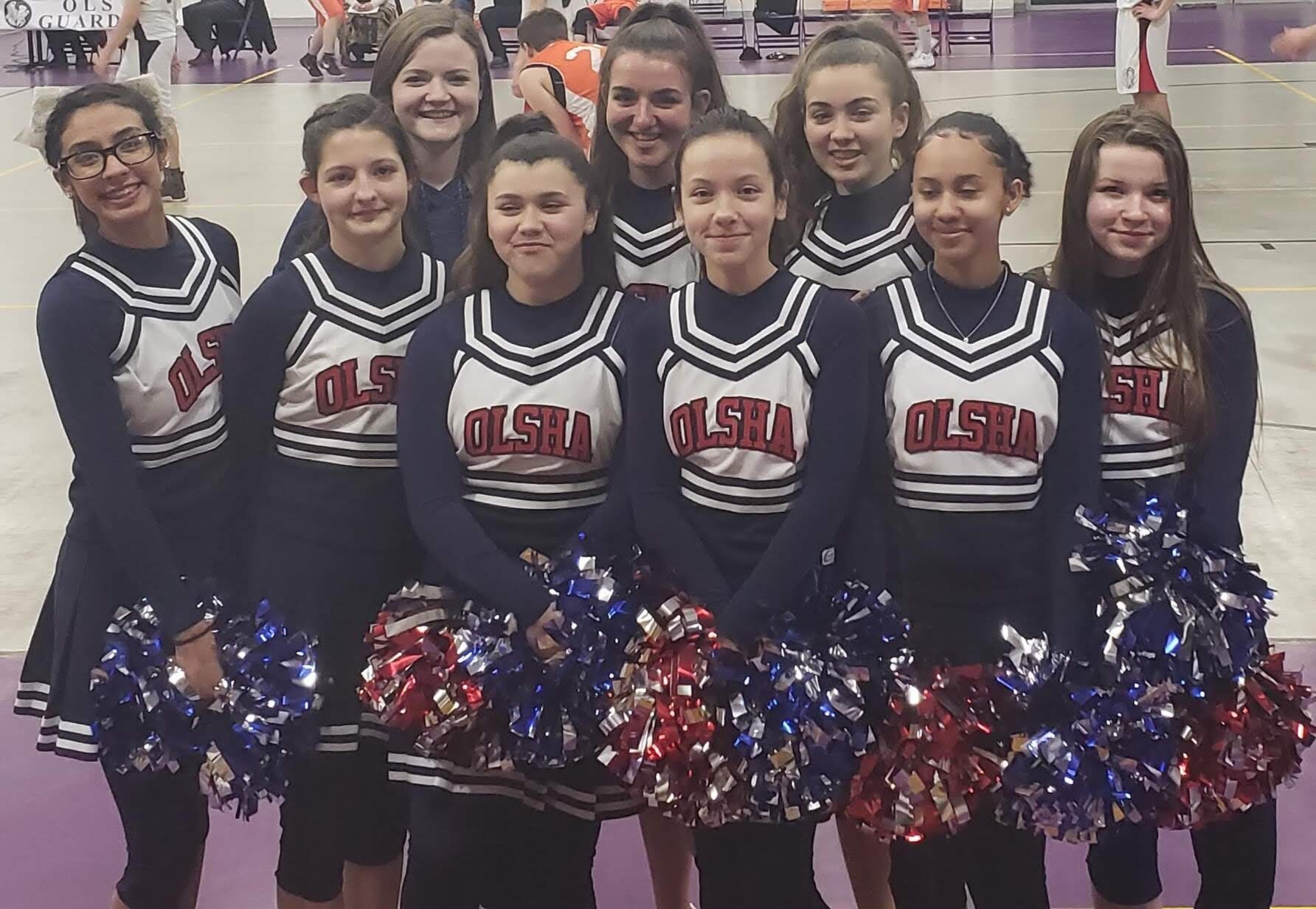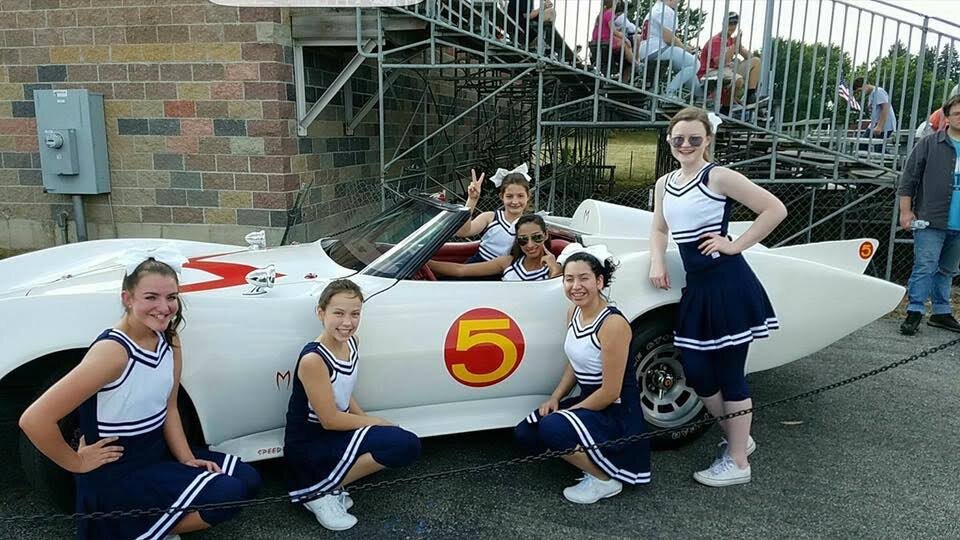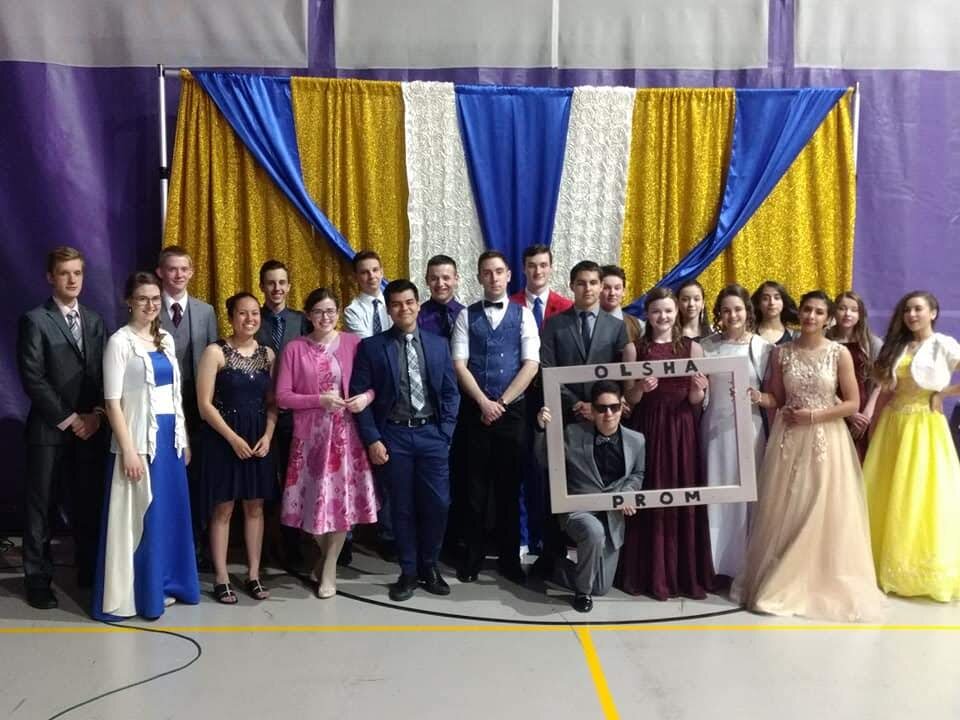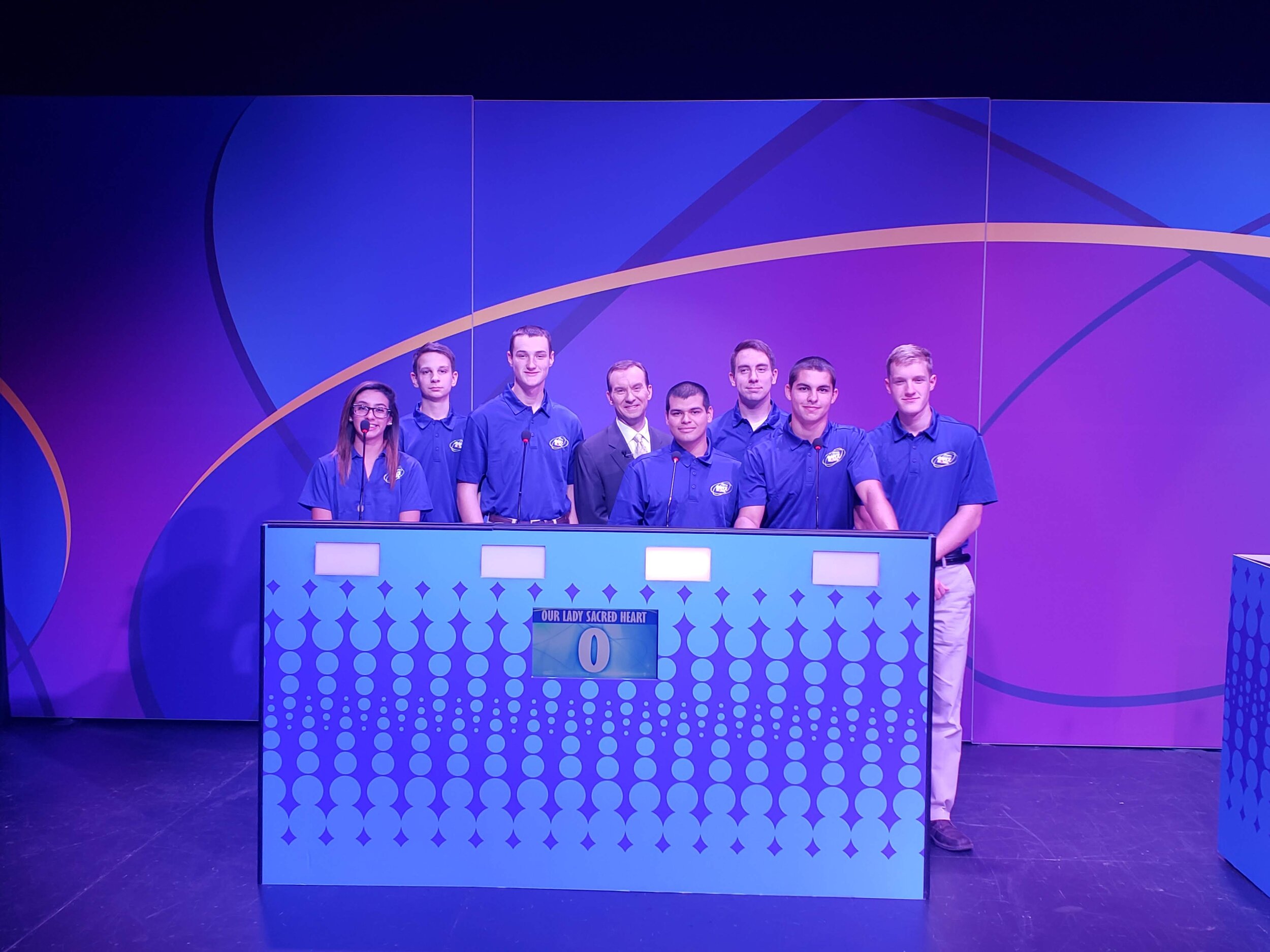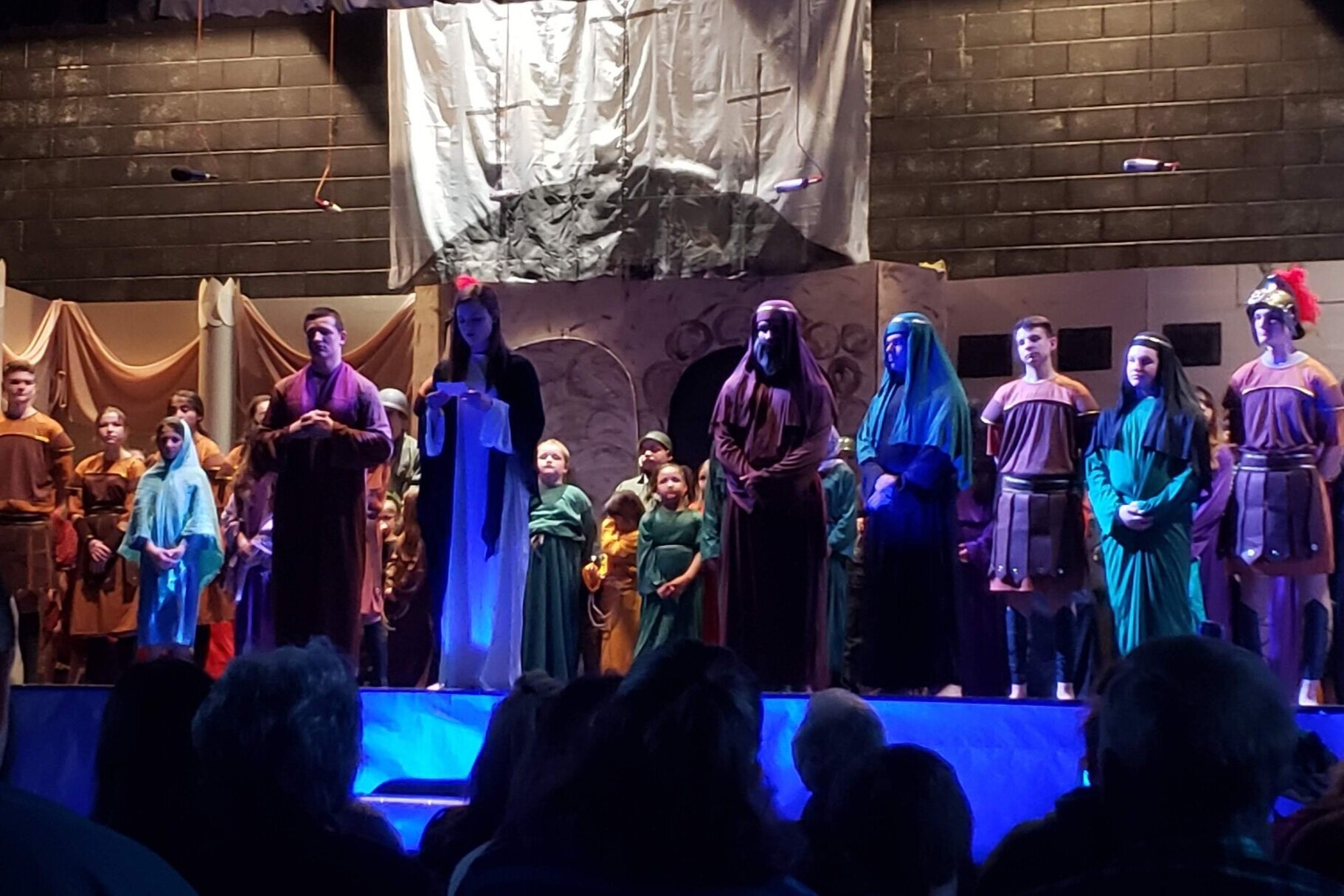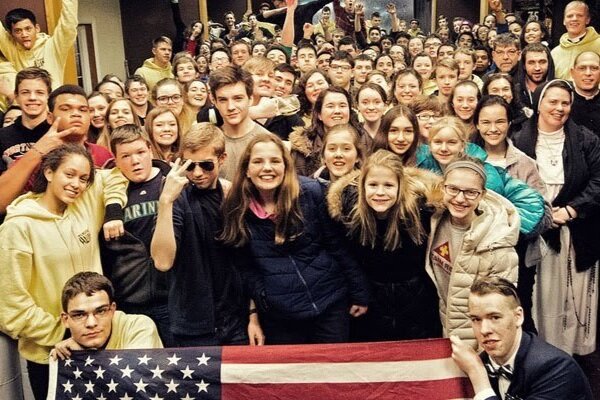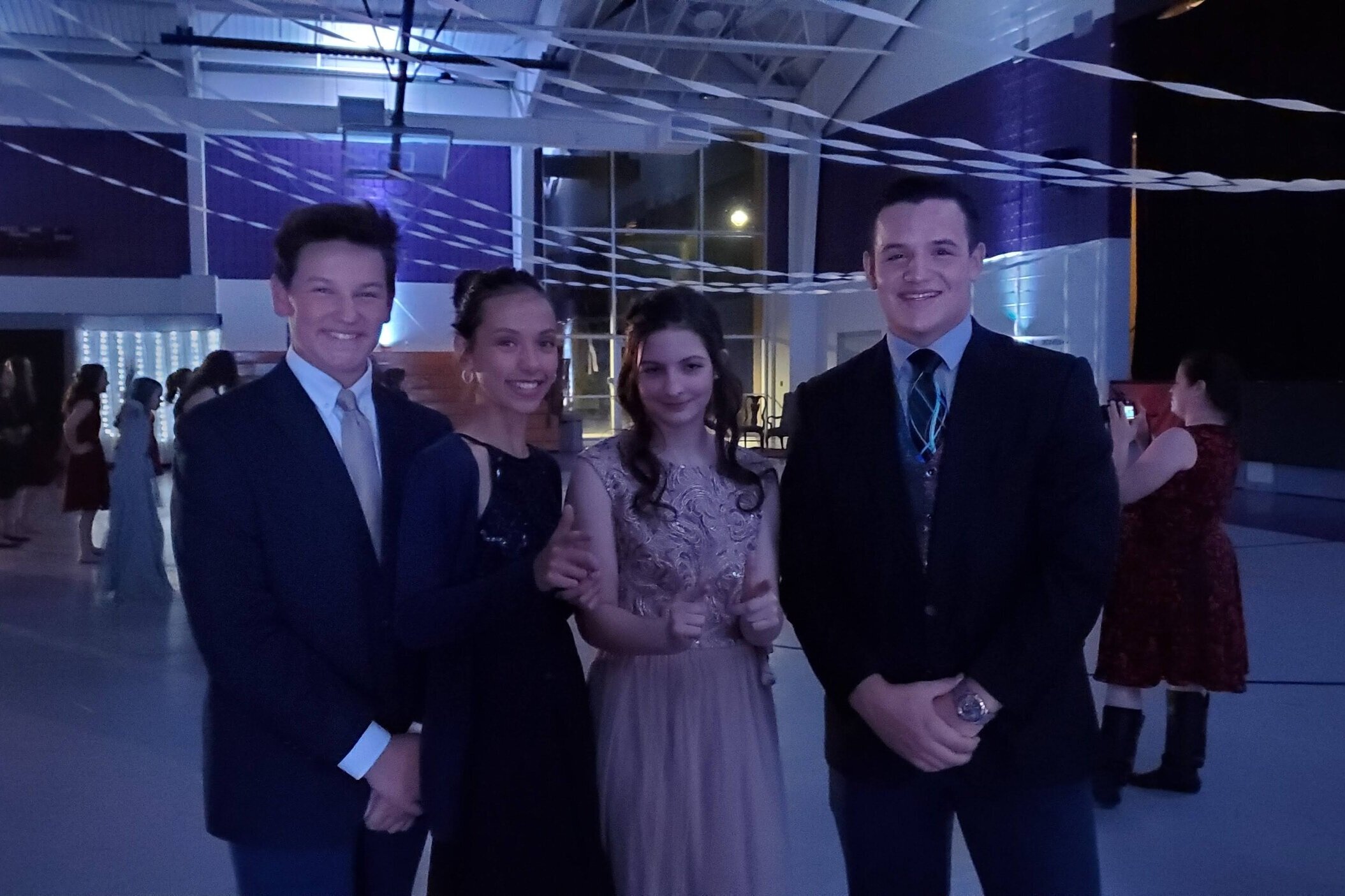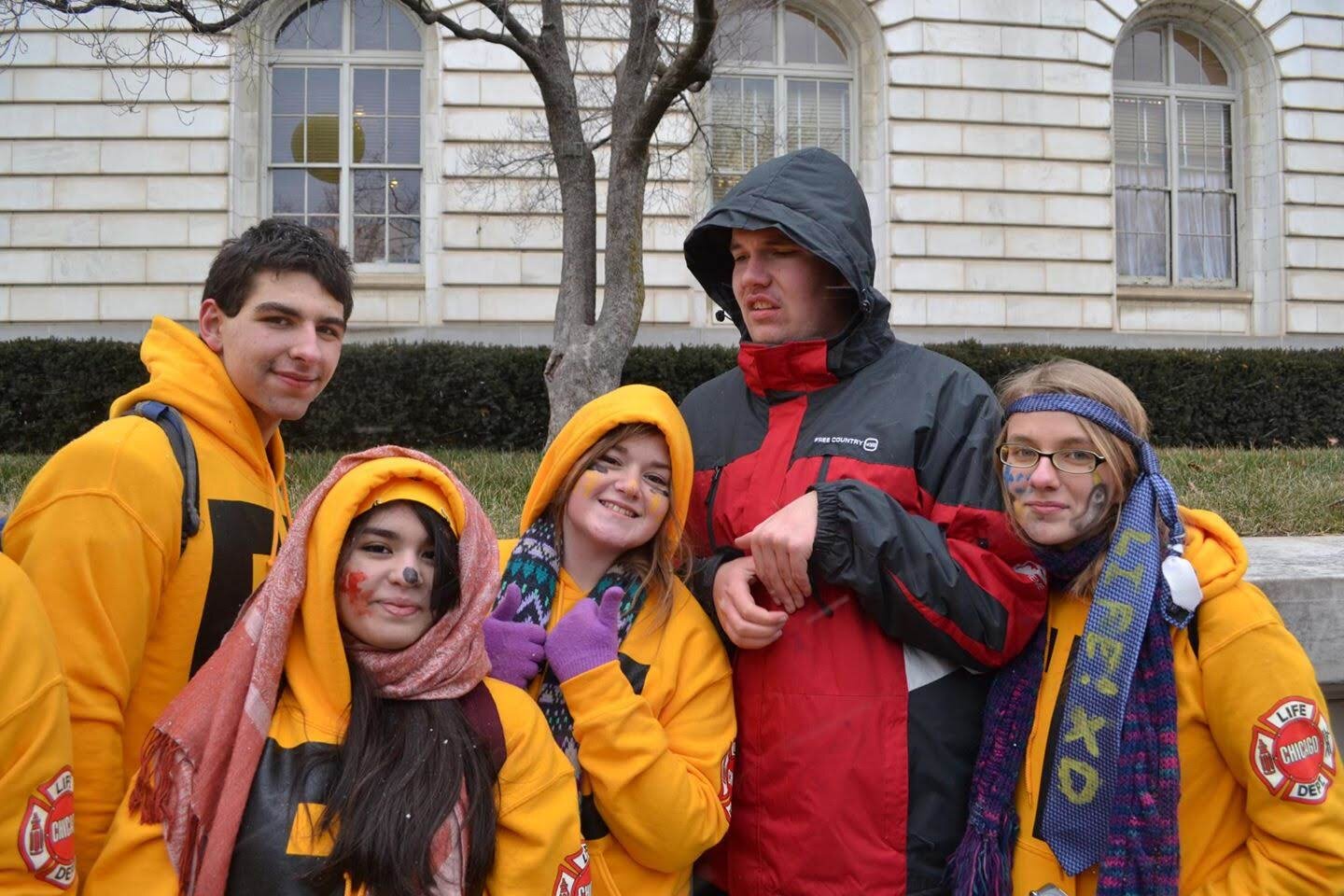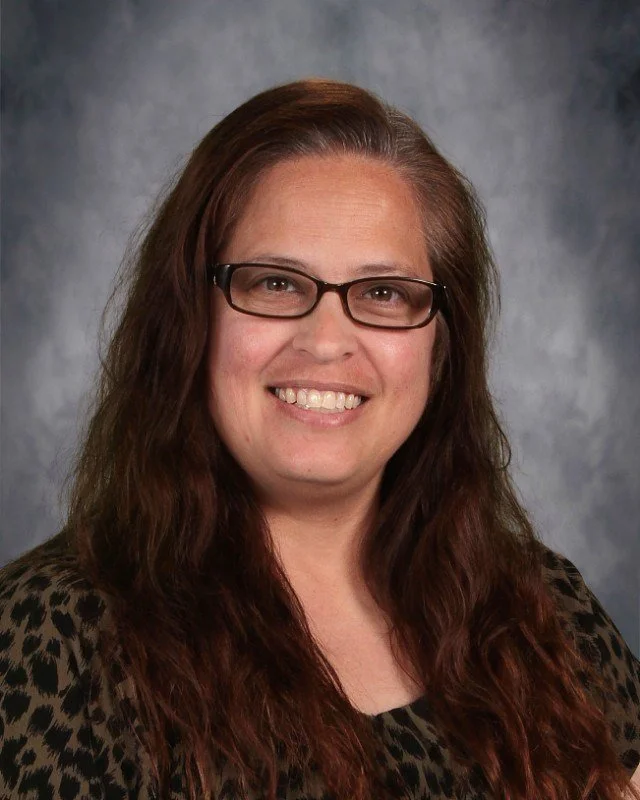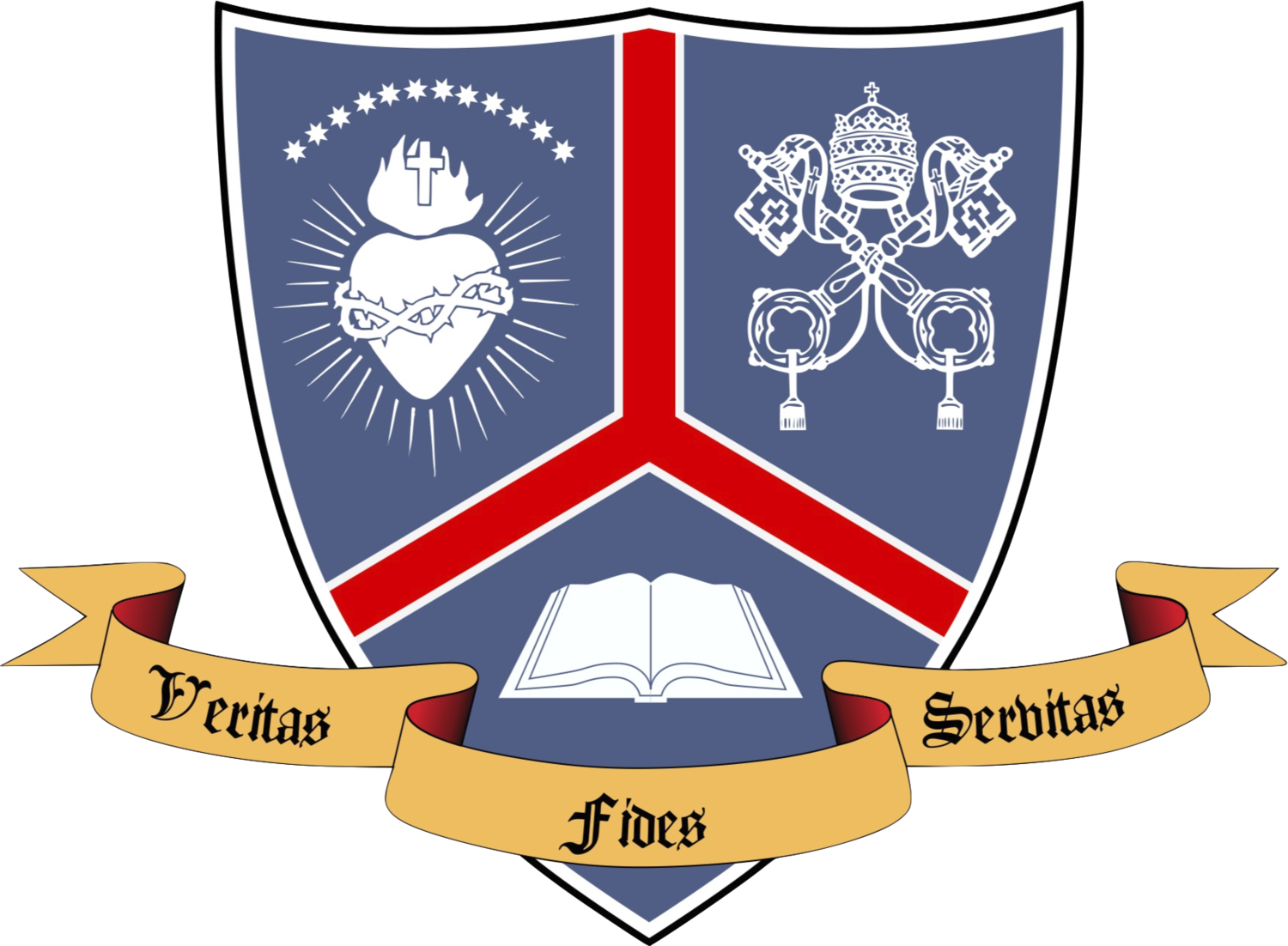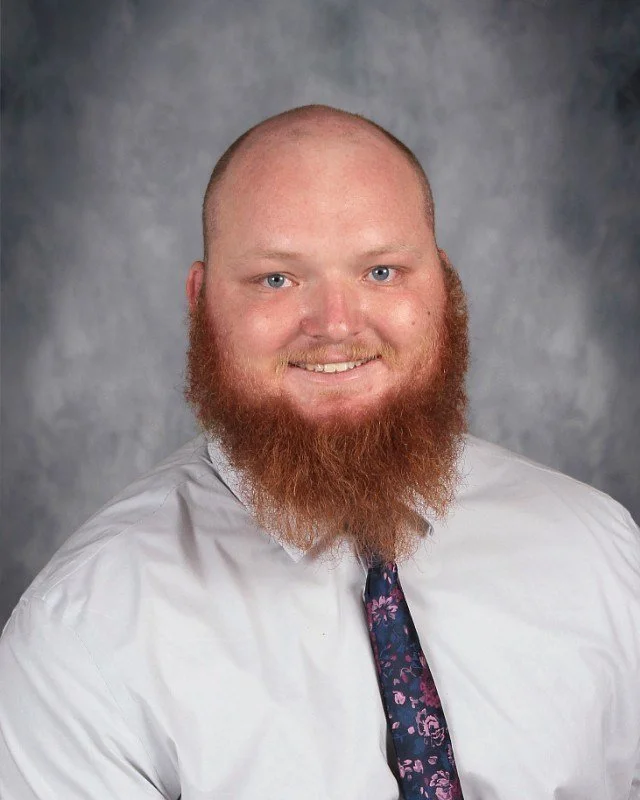Chesterton’s Model of Education
the three pillars
Our high school is a member of the Chesterton Schools Network. Inspired by Saint Pope John Paul II, the network takes as our motto Cultura Vitae, the culture of life. We make it our mission to prepare our students to triumph over the materialism and despair that pervade our culture and to accept our Lord's offer to have life and have it abundantly. Our classical curriculum combines a broad, liberal arts education with a strong emphasis on the development of Christian virtues and an appreciation of beauty. Through our Three Pillars Model, we form our students in:
Our Patron: G.K. Chesterton
The Chesterton Schools Network is named for the great English writer and Catholic convert, G.K. Chesterton (1874- 1936). Chesterton is a model for our school because he exemplified the Catholic faith through a life filled with joy, wonder, and gratitude.
Chesterton was considered one of the world’s most outstanding men of letters in the early 20th century. An accomplished essayist, novelist, and poet, he wrote a hundred books on all different subjects. In 1922, he shocked the literary establishment by converting to Catholicism. He was later eulogized by Pope Pius XI as “a gifted defender of the faith,” and there is presently a popular movement to have him canonized. The school has chosen him for its patron because he not only represents the fullness of faith and reason, but also Catholic joy and common sense.

Classical Curriculum
Our Academic Approach
Students at Chesterton Network schools enjoy a cohesive, content-rich education. A broad exposure to many different disciplines helps students expand their interests and uncover hidden talents. Each year builds on the previous, so that by the end of senior year, our students are articulate, clear-thinking, well-rounded, and, very importantly, joyful individuals.
The Humanities Program
History, literature, philosophy, theology, and languages are braided together in an integrated curriculum utilizing the Socratic Method.
Humanities Sequence +
Grade 9: Ancient World
Grade 10: Early Medieval Period
Grade 11: High Middle Ages to the Renaissance
Grade 12: Modern World
LITERATURE +
Our study of literature is tied to the study of history and the rest of the humanities. Students are first introduced to classical epics of Homer and then exposed to early English classics such as The Canterbury Tales and modern literary renderings of medieval history. Moving towards the modern period, they read Dante, Shakespeare, Dickens, Dostoevsky, Chesterton, and American literature. Reading and writing go hand in hand, and each student masters the art of the essay in their writing assignments in all subjects.
HISTORY +
The history classes at Chesterton Academy form the backbone of our curriculum. The four-year history sequence covers ancient history through the Greek and Roman civilizations, early Church history, the Middle Ages, the Renaissance, and the Reformation and Counter-reformation. In senior year, students study the modern era, including the American and French Revolutions, the Industrial Revolution, the Communist Revolution, and the Sexual Revolution. Each history course is tailored to provide a colorful backdrop for literature, art, and science classes.
PHILOSOPHY +
Philosophy, “the love of wisdom,” exercises the brain while it elevates the soul. The ability to understand abstract concepts leads to clear and systematic thinking in all things. We use philosophy to connect the humanities, but also to show its obvious connection to logic and mathematics. We study the development of philosophy from its classical roots focusing on Plato and Aristotle, its dramatic encounter with the early Church, its christening by St. Thomas Aquinas, and its deterioration in the modern era.
THEOLOGY +
Theology, “the study of God,” is the context by which all other texts are studied. The principal theological texts studied are the Bible and the Catechism of the Catholic Church. We also read selections from the Church Fathers, Documents of the Church Councils, and Papal Encyclicals.
FOREIGN LANGUAGE +
The study of a foreign language is required of all students for three years. All students are required to take two years of Latin and then go on to choose Latin III, Spanish, or Italian. Because students may have already studied a foreign language before they arrive at the school we try, as much as possible, to place them in the correct level right from the start, regardless of their grade.
The Math & Science Program
Math and science are intimately connected; the logic of math is seen in philosophy and God’s handiwork is seen in the sciences.
MATH +
Mathematics is the art of measuring. Science is the study of what can be measured. While math is woven together with the sciences, it is also connected to the humanities. It teaches logic, which is a basic philosophical principle. It teaches balance, which is a basic aesthetic principle. Math at Chesterton Academy covers Euclidean geometry and algebra, all the way through advanced Calculus.
MATH SEQUENCE +
Foundations Track: Euclidean/Analytical Geometry - Algebra I - Algebra II/Trig - Pre-Calculus or Statistics
Traditional Track: Euclidean/Analytical Geometry - Algebra II/Trig - Pre-Calculus - Calculus or Statistics
C-STEM Track: Euclidean/Analytical Geometry - Pre-Calculus - Calculus (AP Calc AB) - Calculus (AP Calc BC)
SCIENCE +
Science is the study of the physical world, that is, of God’s creation. None of these subjects can be approached without a sense of wonder. It is fitting, therefore, to begin by looking up at the heavens, at the lights in the sky: Astronomy. Then we take a look at the world God created (Geology), the creatures he created (Biology), and the intricate substances of which all things are made (Chemistry). We end by gaining an understanding of the nature and properties of matter and energy (Physics).
SCIENCE SEQUENCE +
Grade 9: Astronomy and Earth Sciences
Grade 10: Biology
Grade 11: Chemistry
Grade 12: Physics
The Fine Arts
Equal emphasis is given to the arts, so that every student learns to draw and paint, sing in the choir, act on the stage, give speeches, and engage in debate.
MUSIC +
Music appeals to the ear and the mind, the emotions and the intellect, the senses and the spirit. Chesterton Academy students are exposed to a wide variety of music that they perform chorally several times a year. An education at Chesterton includes music theory, performance, ear training, note reading, and musical analysis. Music history is taught according to the grade level with an emphasis on music development within the Church, and corresponds to the historical period in which the students are immersed. Students perform in grade-level choirs and in the all-school choir at choir concerts, Masses, and The Chesterton Gala.
ART +
A complete education must include the development of the creative nature and must provide students with the tools and the technique with which to express their ideas, their feelings and their love. It must also include the analytical skills with which to judge a work of art and exposure to great art. Finally, the mechanical skills and the aesthetic aptitude must be put into the proper context of eternal Truth. A good artist is a complete thinker and vice versa. The influence of the arts in today’s society cannot be overstated, and this is why art is mandatory at Chesterton Academy all four years.
ART HISTORY & STUDIO ART SEQUENCE +
Grade 9: Ancient Art History | Drawing and Calligraphy
Grade 10: Late Roman and Early European Art History | Pastels and Colors
Grade 11: Late Gothic, Renaissance, and Baroque Art History | Oils
Grade 12: Classical, Romantic, and Modern Art History | Oils
DRAMA +
The dramatic arts are particularly powerful in our present culture where movies and the media are often the primary source of knowledge and ideas for many young people. Drama involves the study of how words are brought to life, and in order to successfully do this on stage the actor must learn to see the work as a whole, to understand the author’s vision and the time in which it was written. In other words, the actor must learn to be a good literary critic, philosopher, and historian. Drama ties together the information students learn in the classroom and asks them to actively participate in its performance.
PERFORMANCE SEQUENCE +
Grade 10: Comedy
Grade 11: Drama
Grade 12: Shakespeare
Student Life
Forming Leaders and Saints
The House System
The Chesterton Schools Network’s House system is drawn from the 1,000 year-old tradition of Christian education exemplified in the colleges at Oxford and Cambridge. The Houses provide real, tangible community within the larger school, giving students the opportunity to take ownership, to fulfill the call to leadership, and to cultivate the ideal conditions for virtue. Each House has two Senior and two Junior prefects, two faculty advisors, and several parent liaisons.
The Four Houses
Ambrose
Athanasius
Augustine
Chrysostom
Athletics
As an intense competition limited in duration, an athletic contest serves as a test of character, mind and body, exposing both weaknesses and strengths. The academy is a member of the IHSA Northeastern Athletic Conference.
Our Current Sports
Boys’ Football
Girls’ Volleyball
Boys’ Basketball
Girls’ Basketball
Girls’ Soccer
Cross Country
Availability of activities and sports is dependent upon student interest and school resources. Cooperatives for other sports may also be formed.
Activities
We encourage participating in extracurricular activities as a way of fostering a culture of abundant life, lived to the full.
Our Current Activities
Chess Club
Fall Play
March for Life
Prom
Fitness Club
Culinary Club
Linguistics Club
Golden Anchor Yacht Club
Creatio: Student Art Journal

